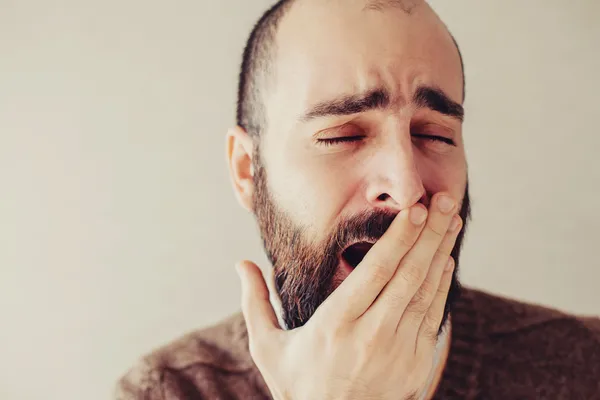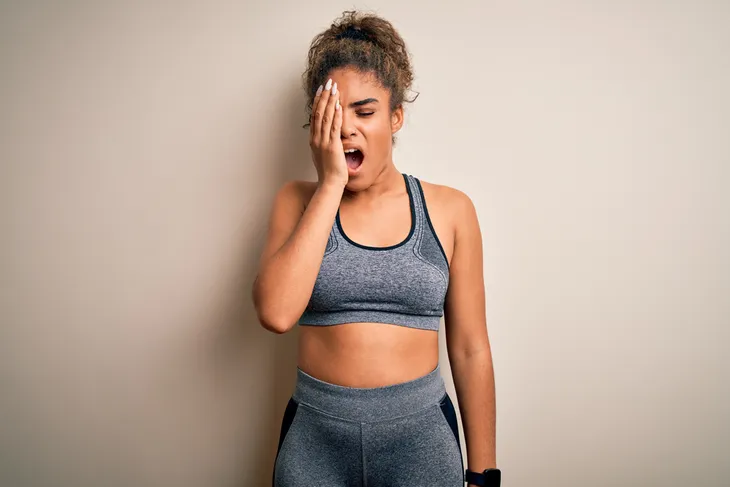3. Brain Sized Yawns
Well not exactly, but a 2016 study did indicate that the bigger you yawn, the bigger and heavier your brain is. The study, published by Royal Society Publishing, found that larger mammals (i.e., bears and humans) with heavier brains and more brain cells yawned bigger and longer than smaller mammals.
Scientists postulate that the bigger the brain and the more neurons, the more yawning is required to cool it for energy purposes.

4. Chilly Yawns
Akin to the exercise-induced yawns, a 2011 joint study conducted by scientists at New York’s Binghamton University, and the University of Arizona, found that yawning was a type of “thermoregulatory behavior” that had close ties to climate and temperature.
This means that we tend to yawn more during colder months compared to warmer months (particularly when we’re outside). The study reported that 45-percent of participants yawn more often in winter, compared to almost 24-percent yawns during the summer.

5. Emergency Health Yawns
Further studies suggest that yawning may be a response to a health issue or emergency. According to National Institutes of Health studies yawns have been linked to every health crisis from anxiety, heart attack, stroke, epilepsy, migraine, and multiple sclerosis (MS).
Researchers note that a cardiac event can trigger the vagus nerve, leading the brain to respond with excessive yawns. For patients with MS and epilepsy, a lot of yawning is a result of the brain trying to regulate brain temperature.

6. Empathetic Yawning
When we yawn in response to another’s yawn, some would suggest that yawns are contagious. But you may have noticed that you don’t respond to every single person’s yawn with a yawn of your own.
This 2011 Italian study, entitled Yawn Contagion and Empathy in Homo sapiens, reports that yawning is more contagious depending on how strong our bond is with the initial yawner. The study found that we’re most likely to echo a yawn from a friend or family member compared to a stranger.

 fizkes / Shutterstock
fizkes / Shutterstock







